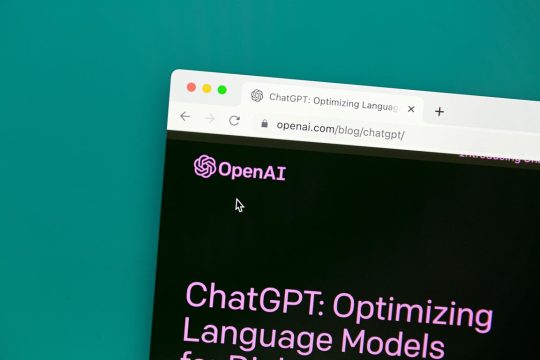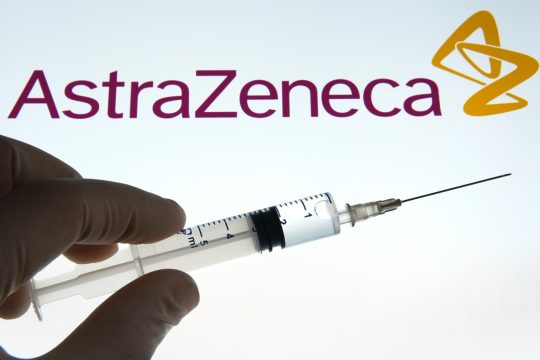Advertisment
ESMO 2014 Report: How to integrate genome sequencing data in oncology

by Denys Wheatley: Chaired by Atsushi Ohtsu and Jean-Yves Douillard, the first speaker Dr Kato (Japan) addressed the issue of the quest for different mutations in the hope of developing appropriately molecular targets for drugs. In CRC, the first stratification related to BRCA 1 and 2, with the use of PKI in treatment in several trials, also following BRAF. Gene MiS sequencing was considered as too expensive to use with a 100 gene probe (~$1000 per patient), and the infrastructure and staff costs had to be added. A number of available systems for molecular identification were considered – CisMutation, CisFusion, CisCton, and HiSeq – of which the last was considered best with higher sensitivity and fewer false positive. However, for fusion genes the Cisfuction system was better. Using the best system to decide drug choice on the gene profile of suitable molecular targets in 100 patients could be deduced for about half of them, but the system used only allowed the screening of ~5 pts per week. Ultan Dermott (UK) also dealt with microsatellite stability and the problem of accumulation. Looking at 5-year survival in mCRC, 65% was achieved on FOLFOX6, but analysis of BRAF, KRAS and PHK3CA were seen as important in deciding treatment and outcome. Melanoma with BRAF mutants responded much better (65%) compared with only 5% with mCRC. Combined therapy invariably proved more effective than use of a single agent. Many other issues were discussed in passing, such as effects of treatment on immune synapses that can be turned off by PDLI. The degree to which “omics” can aid in treatment choice, but too many things have to be considered, and would require many extra experts in oncology teams to bring proper rationale to choice. However, stratification on these several bases will undoubtedly progress and should assist in drug selection in the future.





